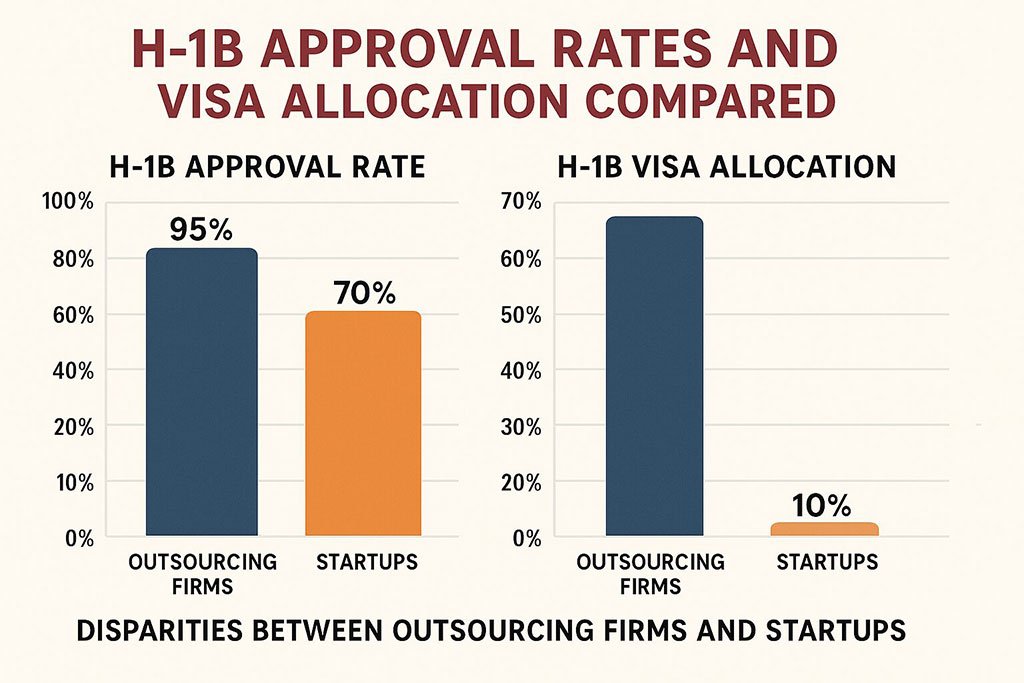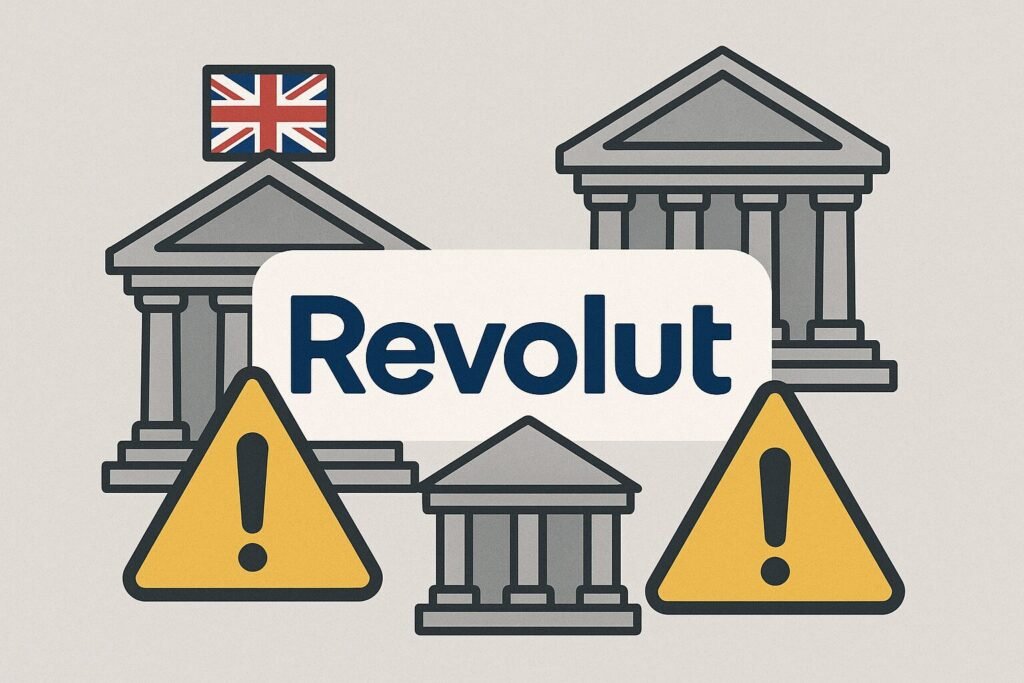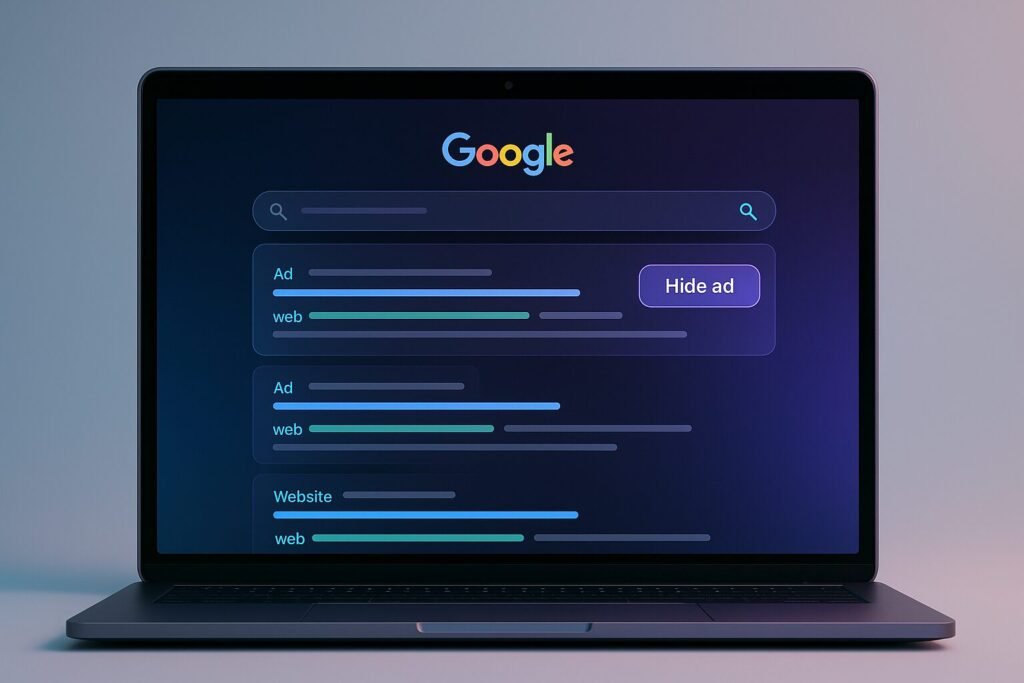Now Reading: Under EU Scrutiny Google Rewrites the Play Store Rulebook
-
01
Under EU Scrutiny Google Rewrites the Play Store Rulebook
Under EU Scrutiny Google Rewrites the Play Store Rulebook

EU’s Digital Markets Act and Google’s Response
The European Union’s Digital Markets Act (DMA), implemented to curb the dominance of tech giants, has put Google under intense scrutiny. The DMA aims to foster fair competition and protect consumers by regulating “gatekeeper” companies like Google, Apple, and Meta. For Google, this has meant reevaluating its Play Store policies, which have long been criticized for restrictive practices. Facing potential penalties, Google has proposed significant changes to its Play Store rulebook, particularly in the European Union, to align with the DMA’s requirements. This article explores the reasons behind these changes, their implications for developers and users, and what the future holds for Google’s app marketplace.
The EU’s Case Against Google
Digital Markets Act: A New Era of Regulation
The DMA, effective since 2023, targets large tech platforms to ensure they do not abuse their market dominance. Google, as a designated gatekeeper, faces strict rules to promote competition. The European Commission has been investigating Google’s Play Store practices, particularly its restrictions on developers’ ability to direct users to alternative payment systems and its self-preferencing in search results. These investigations, which began in March 2024, have pushed Google to act swiftly to avoid hefty fines, which could reach billions of euros based on past EU penalties against the company.
Historical Context: Google’s Track Record with EU Fines
Google’s history with EU regulators is fraught with conflict. Over the years, the company has faced substantial fines for anti-competitive behavior:
-
In 2017, a €2.42 billion fine for favoring its Google Shopping service in search results.
-
In 2019, a €1.49 billion fine for restrictive ad contracts via its AdSense platform.
-
In 2022, a €4.125 billion fine (reduced from €4.34 billion) for pre-installing Google Search on Android devices.
These penalties highlight the EU’s commitment to challenging Google’s practices, with the Play Store now under the spotlight for similar anti-competitive concerns.
Google’s Play Store Policy Changes
Easing Restrictions on External Payments
One of the most significant changes Google has proposed is allowing EU developers to direct users to external payment options for in-app purchases. Previously, Google mandated that developers use its billing system, which imposed a commission of up to 30%. Under the new rules, developers can now promote alternative payment methods, such as their own websites, potentially reducing costs for both developers and consumers. This shift is a direct response to the DMA’s anti-steering provisions, which prohibit gatekeepers from blocking developers from offering alternative purchasing options.
New Tiered Fee Structure
To further align with EU regulations, Google has introduced a tiered fee structure for developers. This structure offers reduced commissions for those who opt to use Google’s billing system while allowing flexibility for those integrating external payment methods. The exact details of the fee structure remain under discussion, but it aims to balance Google’s revenue needs with the EU’s demand for fair competition.
Enhanced Oversight and Crypto Wallet Policies
Google has also tightened oversight of its Play Store to address other concerns. For instance, a new policy requires software wallets, including cryptocurrency wallets, to obtain licenses before being published in 15 jurisdictions, including the EU. This move aims to enhance user trust and security but has raised concerns among some developers about increased barriers to entry, particularly for non-custodial wallet providers.
Implications for Developers and Users
Benefits for Developers
The revised Play Store rules offer several advantages for developers:
-
Cost Reduction: By allowing external payment systems, developers can bypass Google’s commission, potentially increasing their profit margins.
-
Greater Flexibility: Developers can now market their apps and services more freely, directing users to their websites for subscriptions or in-app purchases.
-
Innovation Boost: Lower financial barriers could encourage smaller developers to enter the market, fostering innovation and diversity in the app ecosystem.
Advantages for Consumers
For EU consumers, these changes could translate into:
-
Lower Prices: With developers facing lower fees, some may pass savings on to users through reduced prices for apps or in-app purchases.
-
More Choices: The relaxed rules could lead to a broader range of apps available on the Play Store, as developers gain more freedom to operate.
-
Improved Transparency: Google’s increased oversight, particularly for crypto wallets, aims to enhance user safety, potentially reducing the risk of scams.
Challenges and Concerns
Despite the benefits, challenges remain. Some developers, particularly those offering non-custodial crypto wallets, argue that the new licensing requirements could exclude smaller players from the Play Store. Additionally, Google’s tiered fee structure, while more flexible, may still impose costs that some developers find burdensome. For users, the transition to external payment systems could introduce complexities, such as navigating unfamiliar payment platforms or potential security risks if not properly vetted.
The Broader Impact on the Tech Industry
Setting a Precedent for Other Gatekeepers
Google’s response to EU scrutiny sets a precedent for other tech giants like Apple and Meta, which are also under DMA investigations. Apple’s App Store, for instance, faces similar probes into its anti-steering rules and choice screen designs. The outcomes of these investigations could reshape how app marketplaces operate globally, as other regions may adopt similar regulatory frameworks.
A Shift Toward Open Ecosystems
The DMA’s push for open mobile ecosystems challenges the walled-garden approach that Google and Apple have long championed. By forcing gatekeepers to allow alternative payment systems and third-party app stores, the EU is fostering a more competitive digital landscape. This could lead to a future where users have greater control over their app choices and payment methods, potentially disrupting the dominance of traditional app stores.
What’s Next for Google and the EU?
Ongoing Investigations and Potential Penalties
The European Commission has indicated that Google’s proposed changes may not fully address DMA compliance concerns. Preliminary findings from March 2025 suggest that Google’s adjustments to the Play Store and its search practices still fall short of expectations. The Commission is likely to continue its investigations, with the possibility of imposing fines or mandating further changes if Google fails to comply fully.
Long-Term Implications for Google
For Google, the stakes are high. Non-compliance could result in significant financial penalties and reputational damage. However, by proactively revising its Play Store policies, Google aims to demonstrate good faith and avoid the harshest consequences. The company must balance compliance with maintaining its revenue streams, as the Play Store remains a critical part of its Android ecosystem.
Google’s overhaul of its Play Store rulebook under EU scrutiny marks a pivotal moment for the tech industry. The changes, driven by the Digital Markets Act, aim to create a fairer and more competitive app marketplace. While developers and consumers stand to benefit from increased flexibility and potential cost savings, challenges like new licensing requirements and complex payment systems remain. As the EU continues to enforce its regulations, Google’s actions will likely influence the broader tech landscape, pushing other gatekeepers to adapt. The Play Store’s evolution is a testament to the power of regulatory oversight in shaping the future of digital markets.

































